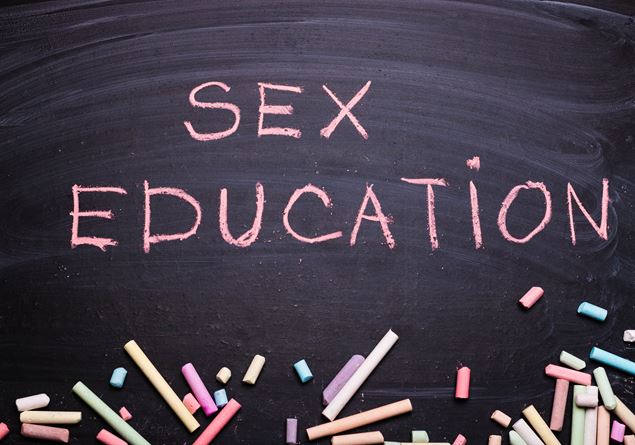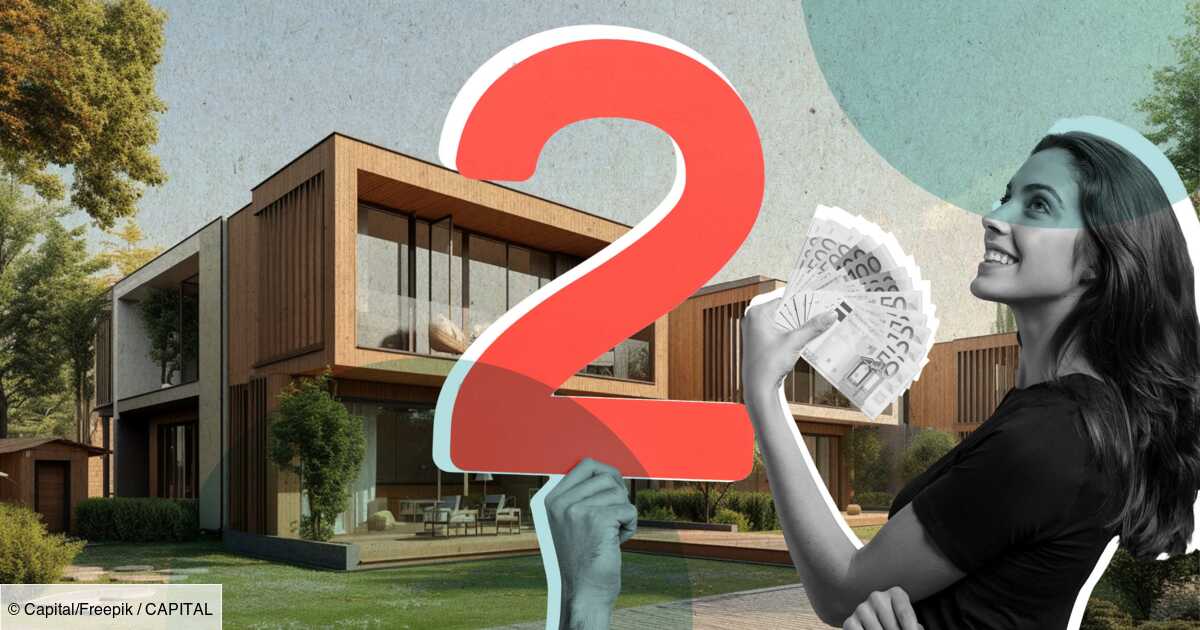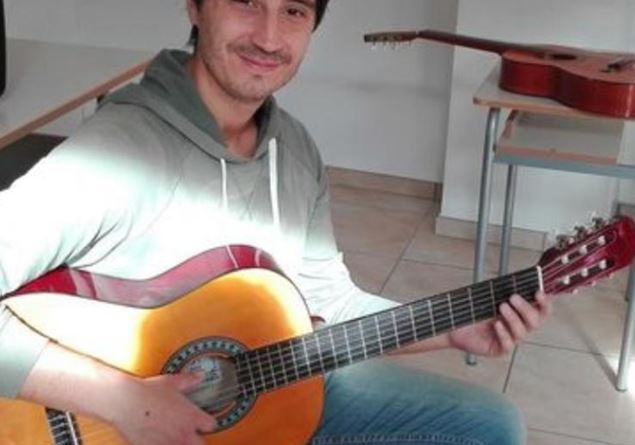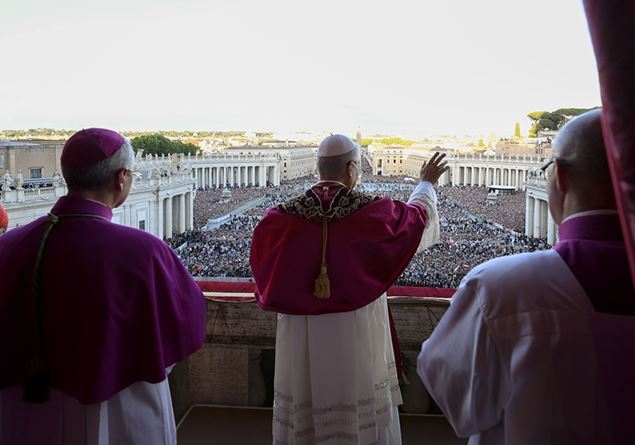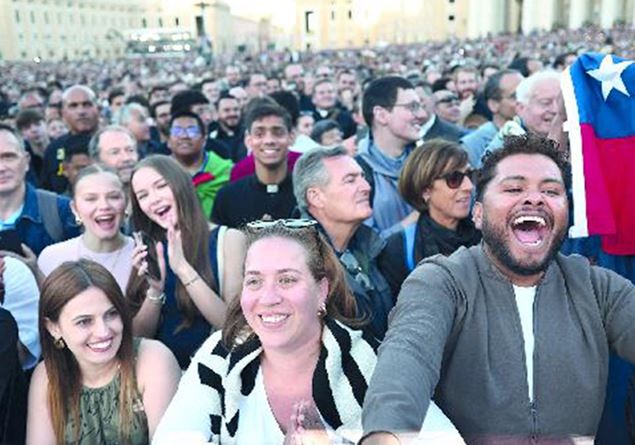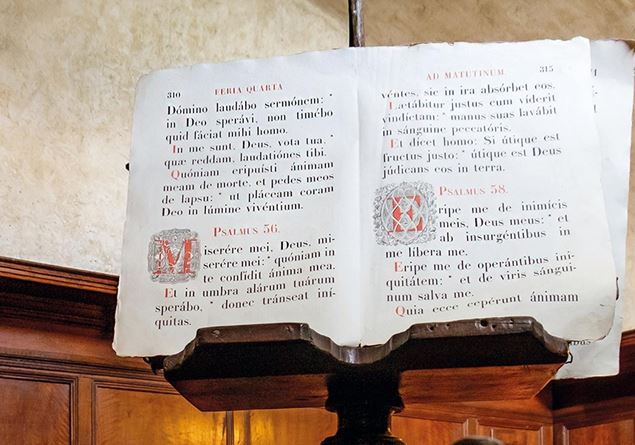Peace, justice and truth. The three words that Pope Leo XIV underlines in his speech to the diplomatic body accredited at the Holy See, explain that what the church pursues is not a low -price concord, but the construction of a fraternal community in which the dignity of each is respected.
“In our dialogue”, explains Pope Prevost immediately, “I would like to always prevail the sense of being a family – the diplomatic community represents the entire family of peoples – which shares the joys and pains of life and human and spiritual values that animate it. Pontifical diplomacy is, in fact, an expression of the Catholicity itself of the Church and, in its diplomatic action, the Holy See is animated by a pastoral urgency that pushes it not to seek privileges but to intensify its evangelical mission at the service of humanity. It fights every indifference and continually recalls consciences, as my venerated predecessor has tirelessly, always attentive to the cry of the poor, of the needy and marginalized, as well as to the challenges that distinguish our time, from the safeguarding of creation to artificial intelligence “.
The pontiff refers to his life experience, “developed between North America, South America and Europe” which “is representative of this aspiration to cross the boundaries to meet different people and cultures”, to “embrace every people and every single person of this land, eager and in need of truth, justice and peace!”.
These three keywords are “the pillars of the missionary action of the Church and the work of the Diplomacy of the Holy See”, he explains.
“The first word is peace,” he underlines. «Too many times we consider it a” negative “word, that is, as a mere absence of war and conflict, since the contrast is part of human nature and always accompanies us, pushing us too often to live in a constant” state of conflict “: at home, at work, in society. Peace then seems a simple respite, a moment of rest between one dispute and another, since, however efforts, tensions are always present, a bit like the embers that hatches under the ash, ready to rekindle at any time “. Instead, it is necessary to go on to peace as a gift, «Active, engaging gift, which affects and engages each of us, regardless of the cultural origin and religious belongingand which requires first of all a job on oneself. Peace is built in the heart and starting from the heart, uprooting pride and claims, and measuring language, since it can be hurt and killed even with words, not only with weapons ».
He returns to speak, as Francesco was already doing, of the importance of multilateral diplomacy and the need to strengthen “those international institutions that have been wanted and designed first of all to remedy the disputes that could arise within the international community. Of course, the will is also needed To stop producing tools of destruction and death, since, as Pope Francis recalled in his last message Urbi et orbi, “no peace is possible without a real disarmament (e) the need that every people have to provide for their defense cannot be transformed into a general race for rearmament” “.
On the second word, “Justice”, Pope Leone recalls that “pursuing peace requires practicing justice. As I already had the opportunity to mention, I chose my name thinking first of all of Leo XIII, the Pope of the first great social encyclical, the Rerum Novarum. In the vintage change that we are experiencing, the Holy See cannot exempt itself from making its voice heard in the face of the numerous imbalances and injustices that lead, among other things, to unworthy working conditions and increasingly fragmented and conflicting companies. Moreover, it is necessary to work to remedy global disparities, which see opulence and indigence trace deep furrows between continents, countries and also within individual companies “.
Speaks of the importance of “building harmonic and peaceful civil societies” Investing, first of all, “on the family, based on the stable union between men and women,” small but true society, and prior to every civil society “”. Furthermore, it specifies, “nobody can exempt themselves from promoting contexts in which the dignity of each person is protected, especially of the more fragile and defenseless ones, from the unborn child to the elderly, from the patient to the unemployed, be it citizen or immigrant. My own story is that of a citizen, descendant of immigrants, in turn emigrated. Each of us, in the course of life, can be found healthy or sick, occupied or unemployed, at home or in foreign land: however, its dignity remains the same, that of creature wanted and loved by God “.
Finally the word “truth”. Because «truly peaceful relationships cannot be built, even within the international community, without truth. Where the words take on ambiguous and ambivalent connotations and the virtual world, with its changed perception of reality, takes over without control, it is difficult to build authentic relationships, since the objective and real premises of communication are less “. “A frank language is needed, which can arouse some initial misunderstanding”. By drawing on the Augustinian charism, then, he recalls that “the truth is never disjointed by charity, which always has the concern for the life and good of every man and woman at the root. On the other hand, in the Christian perspective, the truth is not the affirmation of abstract and disengaged principles, but the encounter with the person of Christ, who lives in the community of believers. Thus the truth does not remove us, on the contrary, it allows us to face the challenges of our time with better vigor, such as migrations, the ethical use of artificial intelligence and the safeguarding of our beloved earth. They are challenges that require everyone’s commitment and collaboration, since nobody can think of facing them alone ».
Pope Leo XIV then concludes with a reference to the Jubilee of hope, “a time of conversion and renewal and above all the opportunity to leave behind the disputes and begin a new path, animated by the hope of being able to build, working together, each according to their sensitivity and responsibilities, a world in which everyone can achieve their humanity in truth, justice and peace”. The hope is that “this can happen in all contexts, starting from the most tried ones such as Ukraine and the Holy Land ».



